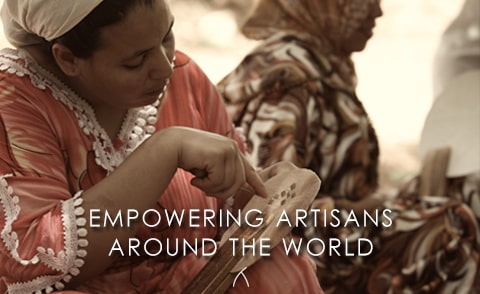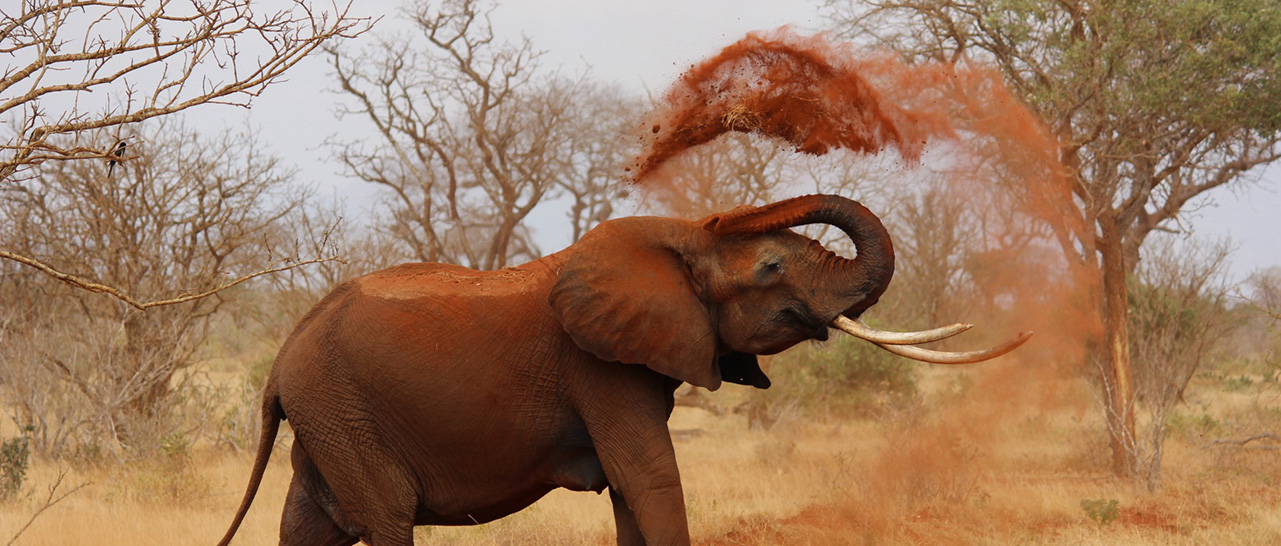
The concept of identity in Kenya is very fluid and free. You can be whoever you want to be, as long as you work hard and have a lust for life.
KENYAN CULTURE
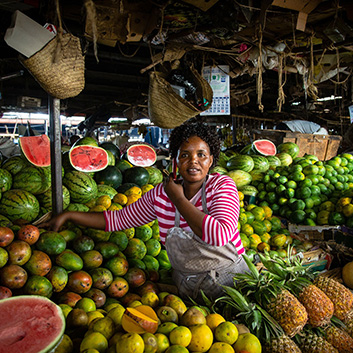
As many countries of Africa, also Kenya consists of multiple trends and influences. Kenya is a melting pot of beliefs, practices and influences that only make the country more compelling and diverse. Some of the more notable elements that ethnic groups in Kenya have in common is their affection for crafts and their love of the Earth. Life is to be seized everyday so being bold, ambitious and hard work are values that Kenyans share across the board.
Kenya has been a democracy since acquiring its independence in 1963. The current president is Uhuru Kenyatta and he took office in April 2013.
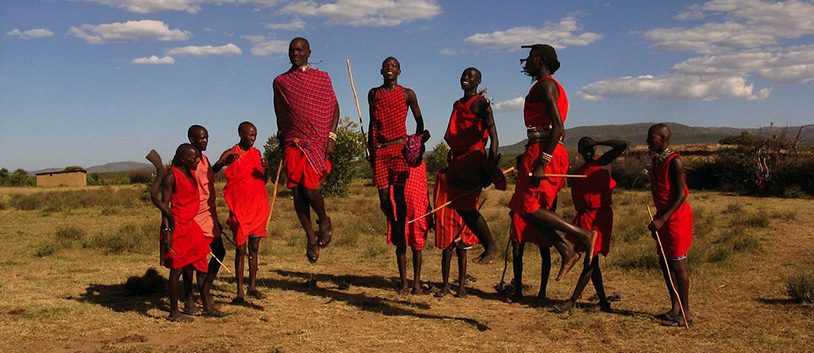
HANDMADE IN KENYA
THE KENYAN CRAFTS
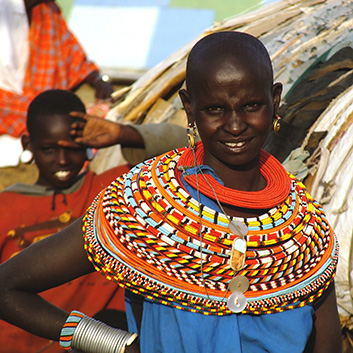
Kenya is well-known for its art and craft production; the country attracts thousands of tourists every year with its unique take on handicrafts. The most popular items are sisal baskets, Maasai bead jewellery, silver and gold jewellery and kangas. Kenya has a wide array of minerals and metals at its disposal, with access to many gold and silver mines. The patterns and the shapes of their jewellery are simple yet bold, much like the Kenyan mind-set.
The pieces they craft are statement pieces in their own right. Each piece is unique, with its own story and its own purpose.
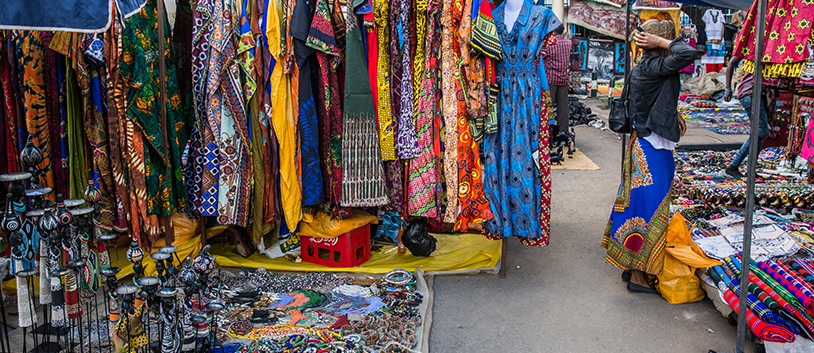
THE KENYAN PEOPLE
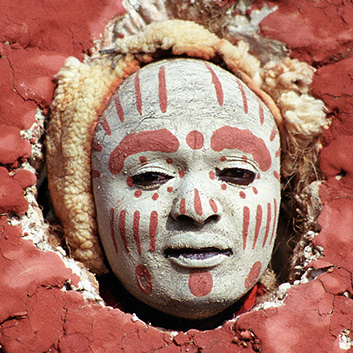
There are more than 40 different ethnic groups in Kenya. The main groups are the Bantu, the Kikuyu, the Maasai and the Luo amongst others. As such, Kenyans tend to identify primarily with their tribe or ethnic group and only secondarily with the nation as a whole. The Kikuyu are more likely to identify as Kenyan, as they were better represented in the independence movement. This tribe was originally founded by a man named Gikuyu. Kikuyu legend states that the God Ngai took this man to the top of Kirinyaga and told him to build his home there. He was given a wife, Mumbi, and together they had nine daughters. Incidentally, there was a tenth daughter but this tribe considered it to be bad luck to say the number ten;
they would therefore say “full nine” instead of ten when counting. This tribe is traditionally associated to farming activities; to this day, they still farm most of the land in Kenya.
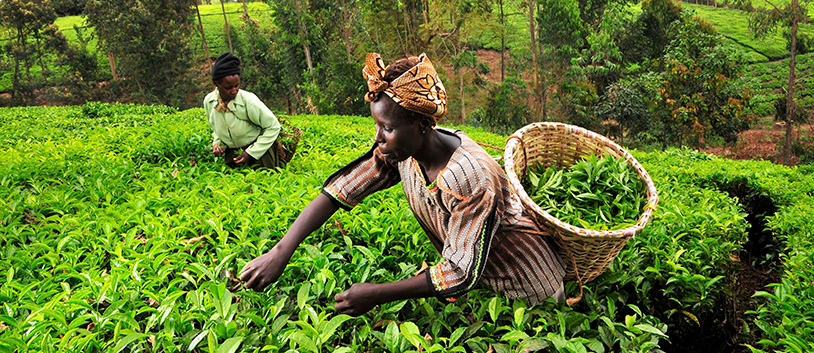
DISCOVER OUR BLOGZINE
Hours of education
have been given back to the ABURY communities.
have been given back to the ABURY communities.
To pay fair salaries is a start, but not enough!
Every time you buy an ABURY product,
you are transforming its hours of production in hours of Education
to the Communities where the product was made.
Learn more about the ABURY Foundation and our projects
for social development in the ABURY communities.

